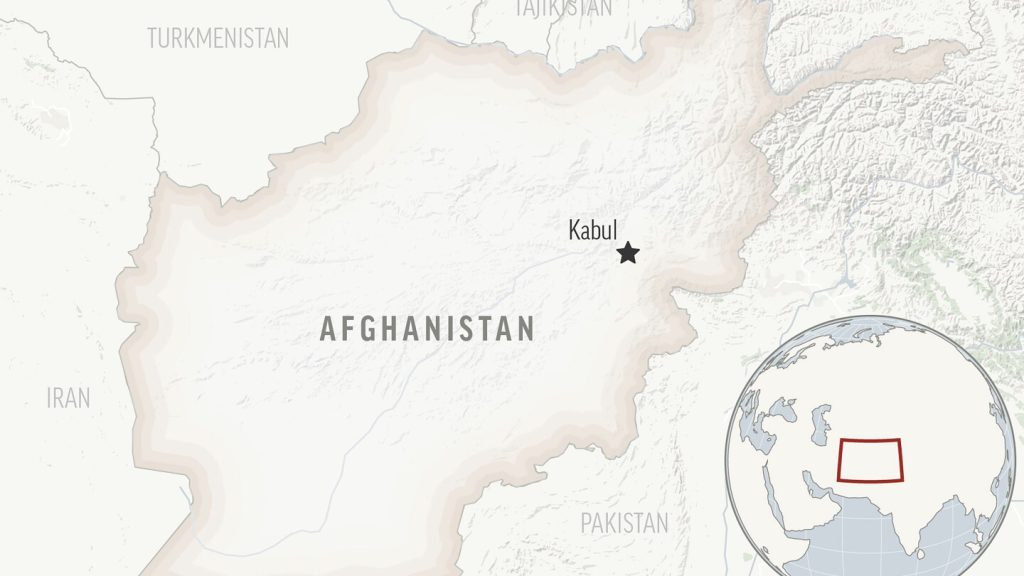Save the Children, a nongovernmental organization, reported that a quarter of a million Afghan children are in need of education, food, and homes after being forcibly returned from Pakistan. Pakistan has been cracking down on foreigners it deems to be in the country illegally, including 1.7 million Afghans. The country insists that the campaign is not solely focused on Afghans, but they make up the majority of foreigners in the country. Over 520,000 Afghans have left Pakistan since last October, with families arriving in Afghanistan with very few resources. Save the Children’s survey found that nearly all returnees lacked enough food for the next one to two months, with many having to borrow money or rely on others for food. Additionally, almost two-thirds of returning children have not been able to enroll in school due to lacking necessary documents.
The ban on girls attending school beyond sixth grade in Afghanistan further complicates the situation for child returnees. Arshad Malik, the Save the Children country director for Afghanistan, expressed concerns about the strain that the influx of returnees is putting on already limited resources. He noted that many undocumented Afghan children were born in Pakistan and that Afghanistan is not the place they consider home. In addition to the returns from Pakistan, 600,000 Afghans arrived from Iran last year. Abdul Mutalib Haqqani, a spokesman for the Refugee Ministry, stated that education is available for any child missing out on classes, regardless of their documentation status. The decision by Pakistan to deport Afghans who entered illegally has been particularly impactful, causing many Afghans who had lived in Pakistan for years to flee back to Afghanistan out of fear of arrest.
The situation highlights the challenges faced by Afghan children who are abruptly uprooted from the only home they have known and forced to start anew in a country where they lack access to basic necessities such as food and education. The returnees are struggling to adapt to a new environment, with significant barriers to enrolling in school due to missing documentation and restrictions on girls’ education. Save the Children has called for urgent assistance to support these vulnerable children and ensure they have the opportunity to rebuild their lives. The Afghan government has assured that education is available to all children, regardless of their legal status, but the sheer number of returnees is putting a strain on existing resources. Efforts are needed to address the needs of these Afghan children and provide them with the support they require to thrive in their new surroundings.
The situation also sheds light on the broader issue of undocumented Afghan children who were born in Pakistan but are not recognized as citizens of either country. The influx of returnees from Pakistan and Iran has exacerbated an already complex situation, with limited resources and infrastructure in Afghanistan to support the sudden increase in population. The international community must step in to provide assistance and resources to ensure that these Afghan children are not left behind and have access to the education, food, and shelter they need to thrive. As the crisis unfolds, organizations like Save the Children are on the ground working to provide support and advocacy for these vulnerable children, but more help is needed to address the scale of the challenges they face.


